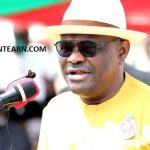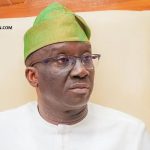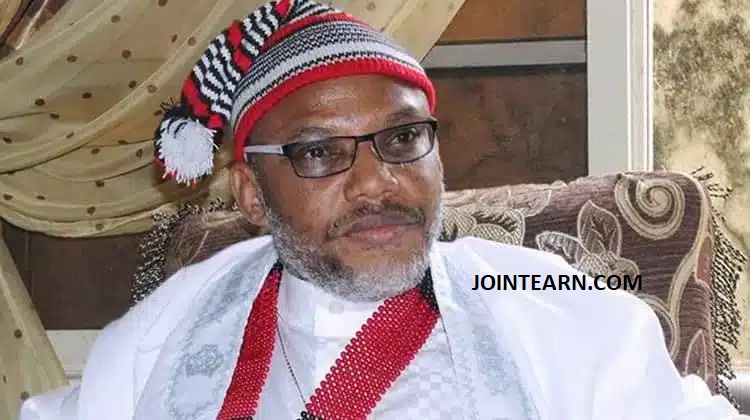A fresh controversy has erupted between the Academic Staff Union of Universities (ASUU) and the Federal Government following public claims by the administration of President Bola Ahmed Tinubu that ₦50 billion has been released to settle long-standing earned academic allowances for university lecturers and other university staff. ASUU, however, insists it has not received any such funds, challenging the government to provide concrete evidence of payment.
Background: Federal Government’s Announcement
On April 23, 2025, the Federal Ministry of Education, through its Director of Press, Folasade Boriowo, announced the release of ₦50 billion to both academic and non-academic staff unions of federal universities. The statement, attributed to Minister of Education Dr. Maruf Alausa, described the move as a landmark intervention and a testament to President Tinubu’s commitment to transforming Nigeria’s education sector. The Ministry emphasized that the funds were part of the administration’s broader strategy to reposition the sector, improve staff welfare, and foster uninterrupted academic activities across federal institutions.
The announcement was accompanied by rhetoric highlighting the government’s resolve to transition Nigeria from a resource-based to a knowledge-based economy. The statement further credited the current administration with achieving one of the longest uninterrupted academic sessions in recent Nigerian history, attributing this to mutual understanding between the government and the university community.
ASUU’s Response: “We’ve Seen No Money”
Despite the government’s public statements, ASUU has categorically denied receiving any funds. In an exclusive interview, ASUU National President, Professor Emmanuel Osodeke, expressed skepticism over the government’s claims. He stated that the union had not received any verifiable evidence—no documentation, no bank transfers, and no official communication confirming the release or receipt of the ₦50 billion.
Osodeke challenged the narrative, emphasizing that while the government claimed the funds were released to ASUU, the announcement also included other staff unions. He questioned the rationale behind lumping all unions together, noting that each union negotiates separately for its members. “You said that the government released the ₦50 billion to ASUU, but why are you bringing other staff? Every union negotiates for its members. It is not a collective,” Osodeke remarked.
He further clarified, “We are aware of the announcement, but until we see evidence, we won’t believe them. We only agreed verbally. We have not seen the money”.
Government’s Position: Reaffirming the Disbursement
The Federal Government, through the Ministry of Education, has maintained that the ₦50 billion has indeed been released. The Ministry’s statement described the intervention as more than just a financial transaction, but a reaffirmation of President Tinubu’s belief in the capacity of Nigerian youth and the vital role of university staff in nurturing them. The government also expressed appreciation to both academic and non-academic unions for their cooperation and trust, suggesting that the disbursement was part of efforts to end frequent strikes and maintain academic stability.
Minister Alausa reiterated the administration’s commitment to keeping Nigerian children in school, promising that “strikes in our institutions will soon become a thing of the past—forever”.
Points of Contention
The dispute between ASUU and the Federal Government centers on several key issues:
-
Verification of Payment: ASUU demands concrete proof of payment, such as transaction records or official documentation, before acknowledging receipt of the funds.
-
Distribution of Funds: ASUU questions the inclusion of other unions in the announcement, insisting that negotiations and payments should be union-specific.
-
Communication Gap: The union claims it has only received verbal assurances and public pronouncements, not official confirmation or evidence of actual disbursement
Implications for the University System
This disagreement comes at a time when Nigeria’s federal universities are experiencing an unusually long period without academic disruptions, a situation the government attributes to improved relations and ongoing reforms. However, the unresolved issue of earned allowances has historically been a major trigger for industrial action within the sector.
Should the dispute persist, there are concerns that the fragile peace in the university system could be jeopardized, potentially leading to renewed agitation or strikes if ASUU’s demands for transparency and accountability are not met.
Conclusion
The current standoff between ASUU and the Federal Government over the alleged release of ₦50 billion in earned allowances highlights ongoing challenges in the management of university staff welfare in Nigeria. While the government insists it has fulfilled its promise, ASUU remains unconvinced, demanding verifiable evidence before acknowledging receipt. The outcome of this dispute will likely have significant implications for industrial harmony and the future of higher education in the country.
As the situation develops, stakeholders in the education sector and the general public await further clarification, hoping for a resolution that will sustain the current academic stability and ensure that commitments to staff welfare are honored in both word and deed.












